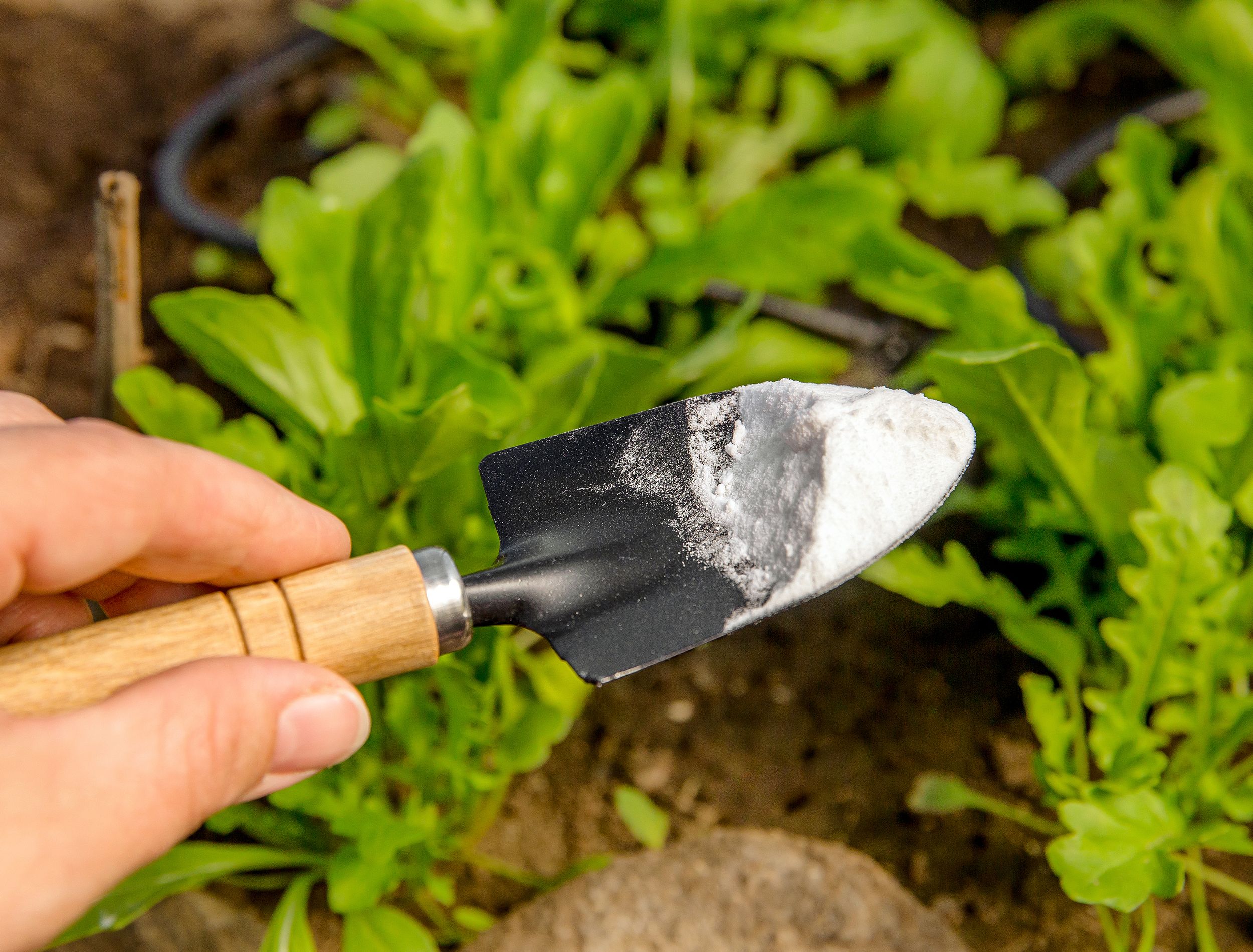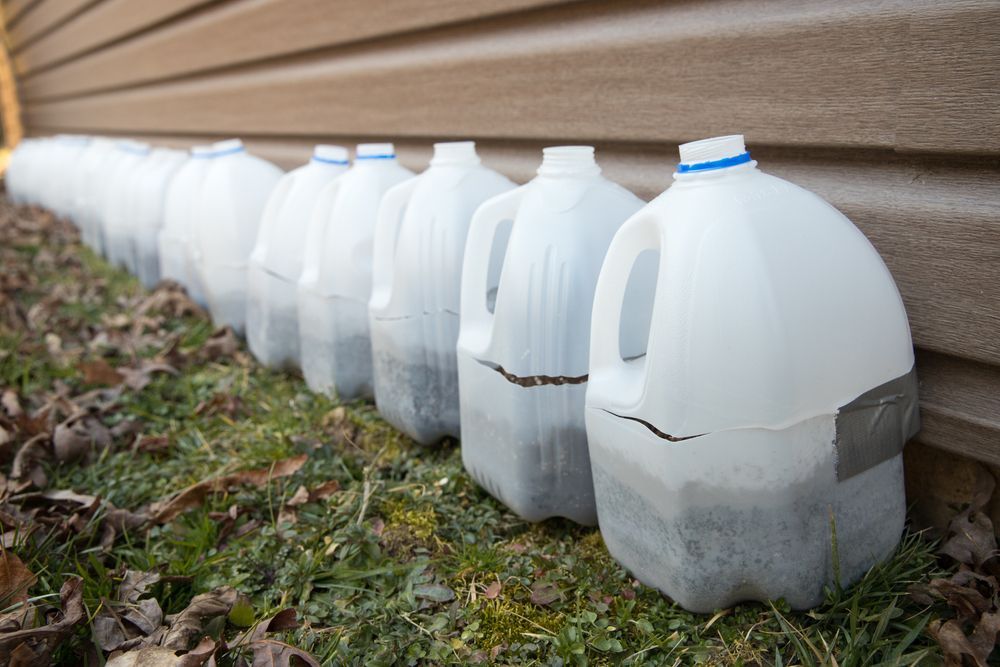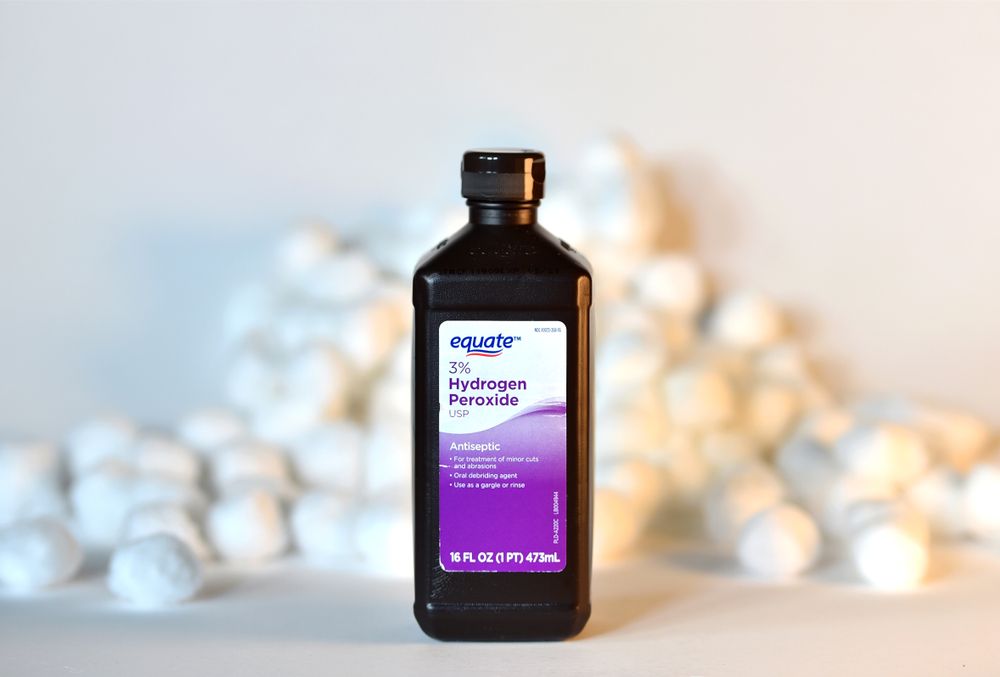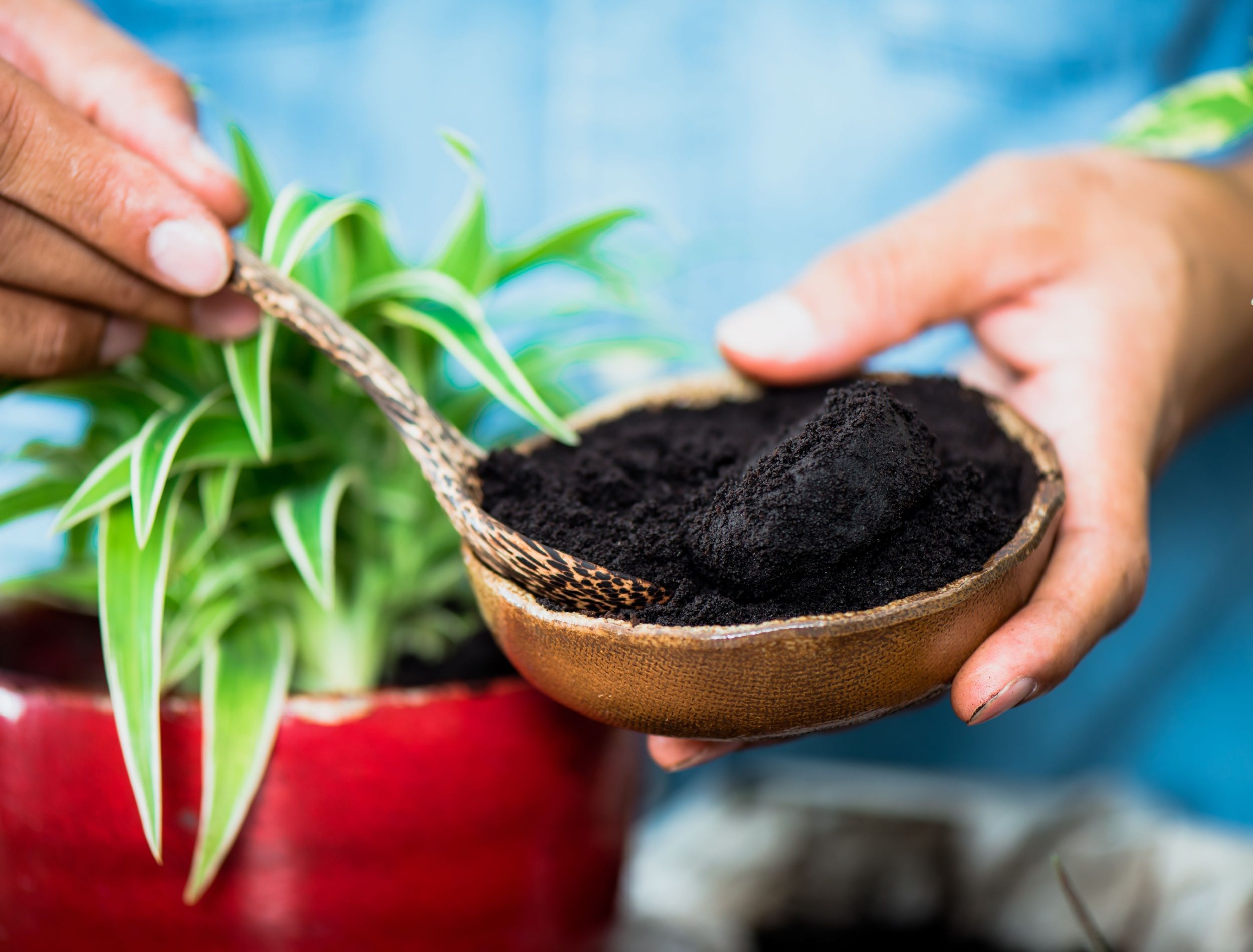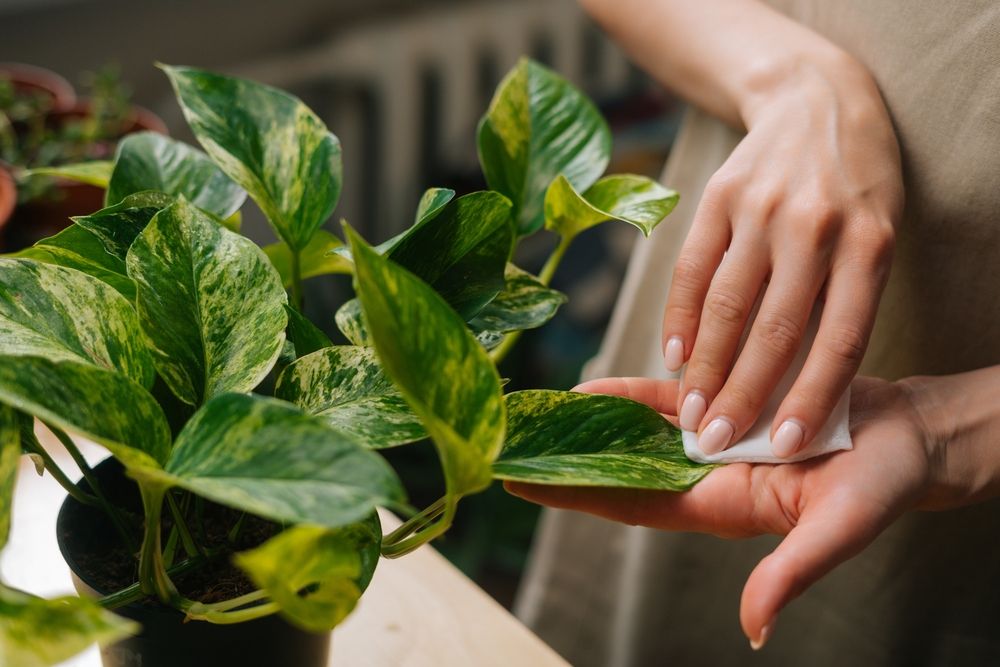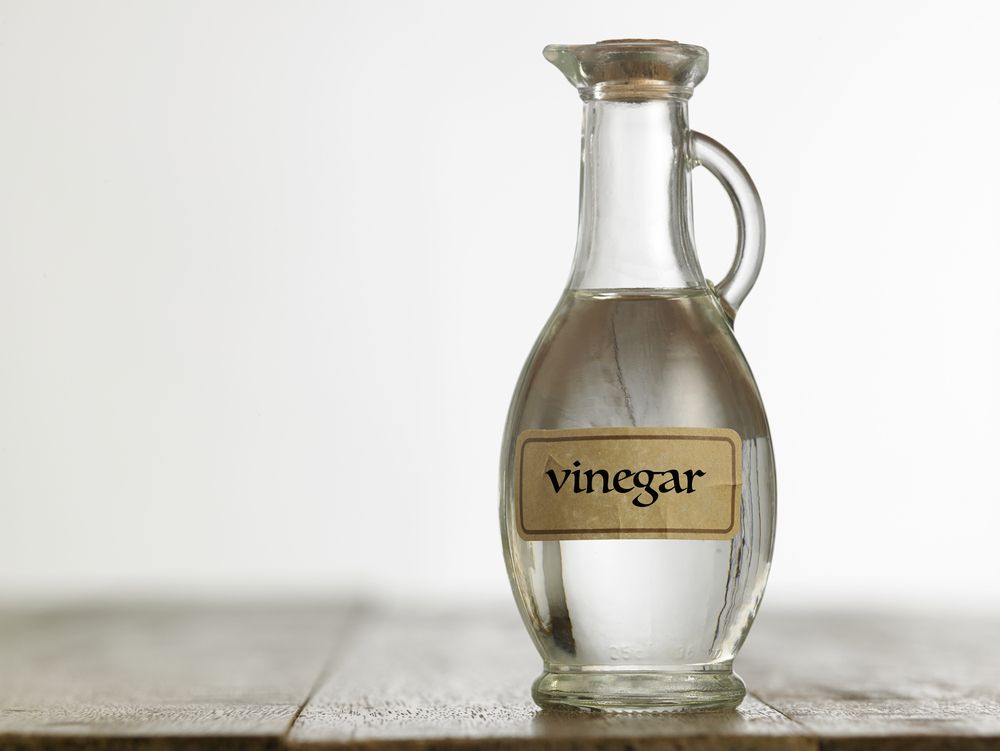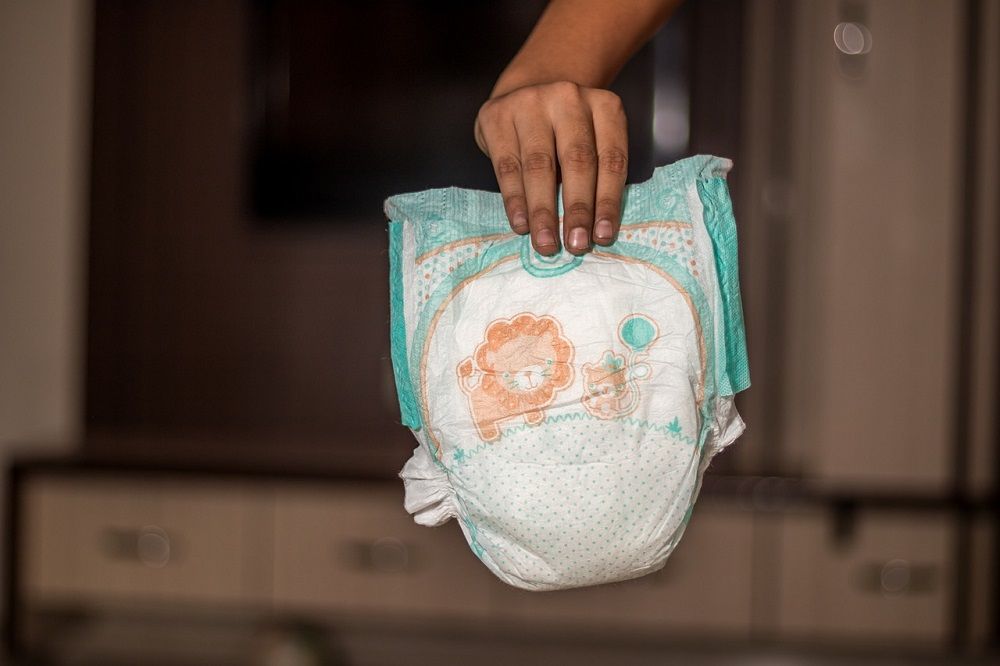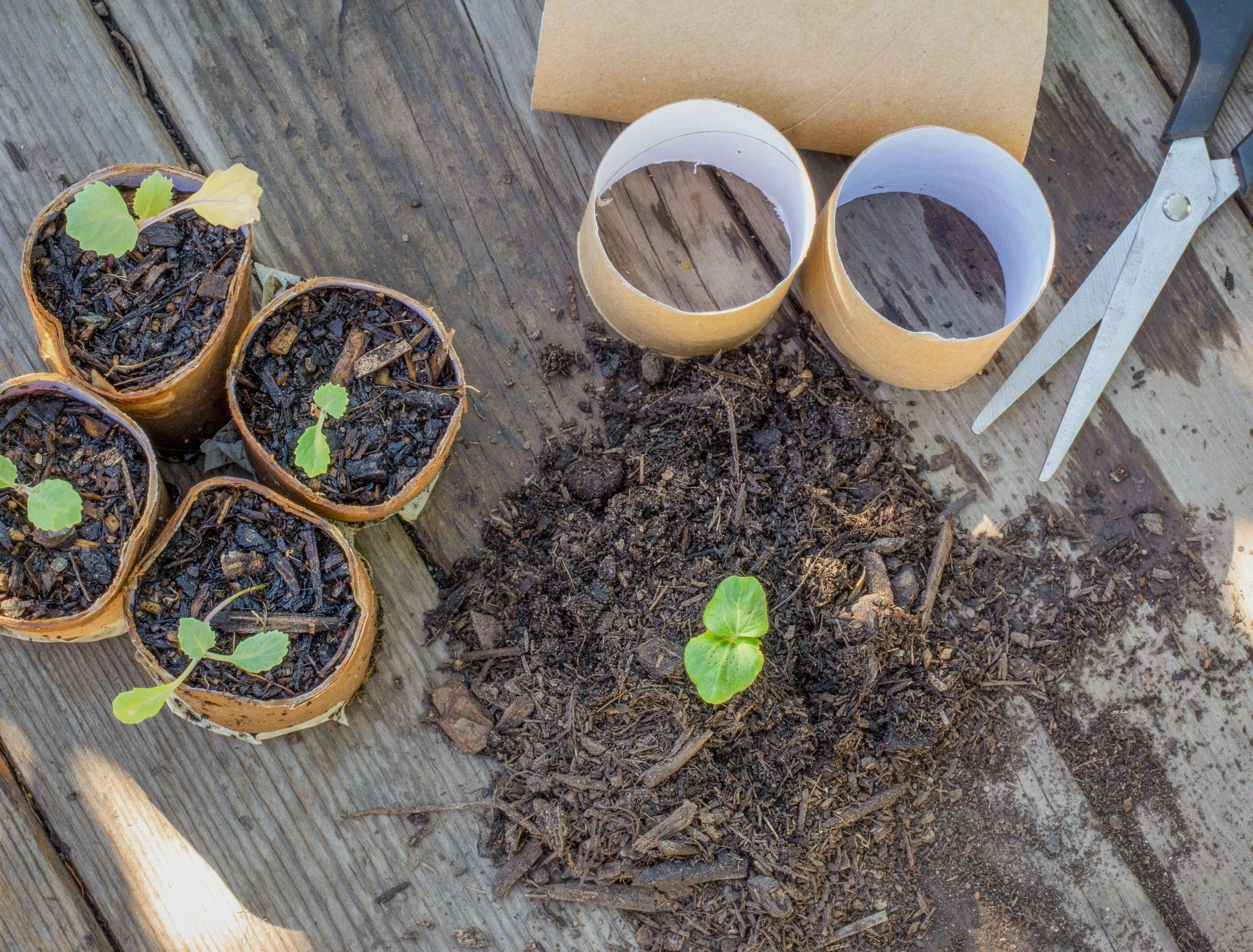Gardening is a great way to get your hands in the dirt and enjoy some time outdoors (or indoors) no matter what size space you have available. But the cost of tools and materials needed for starting and maintaining a garden adds up quickly. Luckily, there are creative ways to help you save money by using items from around your house!
With these seven gardening tips, you can create high-quality gardens that rival store-bought supplies. From upcycling empty milk jugs into seed-sprouting greenhouses to making toilet paper roll seed trays -- you don't need fancy equipment for successful home gardening projects. Read on for the top ingenious ideas for turning everyday household objects into stellar garden supplies!
Milk Jugs for Winter Sowing
Image credits: LisaCarter via Shutterstock
Don't let the chill get you down! You can still plant in winter with some household items you might have around the house. Got an old milk jug? Put it to use and transform it into a mini greenhouse for sowing seeds during wintertime!
Start by cutting the top off an empty plastic jug. Fill it up with potting soil and press your chosen seeds into the soil. Place them outside in a sunny spot, so they can soak up all that natural goodness and let nature do its thing! Soon enough, you'll see small seedlings emerging from your makeshift garden - now's the time to transplant them outside or into other containers.
Hydrogen Peroxide for Healthy Plants
Image credits: Jesse Franks via Shutterstock
If you want to keep your garden plants in top shape, then adding a splash of hydrogen peroxide to your watering routine is an easy way to do it. Not only does this solution increase oxygen levels at the root system and help improve nutrient absorption, but it can also protect your plants from common pests and diseases. It's quick and easy -- just dilute it before using it. With regular use, you'll be well on your way to having the healthiest plants in town!
Coffee Grounds for a Nutrient Boost
Image credits: Nor Gal via Shutterstock
If you're looking for an easy, natural way to give your houseplants a nutrient boost, look no further than coffee grounds! Not only do they add essential nutrients like potassium, nitrogen, and magnesium to the soil -- all of which help promote healthy foliage and strong roots -- but they can also increase the acidity level in the soil. This makes it even better for acid-loving plants.
To get started, simply dry out your used coffee grounds before adding them to your plant's soil. Then spread over the top surface.
One caveat- Because coffee grounds are fine particles, they can compact the soil. This could lead to an accumulation of salts and fungus that might harm your plants, so aerate the soil when adding them. Also, keep in mind that fruit flies love the dampness of coffee grounds. Take steps to prevent this from becoming an issue, such as vinegar traps.
Baby Wipes for Leaf Cleaning
Image credits: Dikushin Dmitry via Shutterstock
Are your plant leaves looking less than their best? Baby wipes are an easy and effective way to spiff them back up! All you need is a moistened wipe, and you can remove dust and dirt from each leaf in a jiffy. Just choose a brand that has no harsh chemicals or fragrances that might harm your plants.
Keep in mind that baby wipes may not be powerful enough to remove all the grime from your plant leaves. For tougher stains, try adding some mild soap and water to your cleaning routine. And while baby wipes are great for getting those pesky dust particles off leaves, they can be expensive.
When you're done cleaning your plants, do not flush baby wipes down the toilet. They can cause major problems to the environment and oceans if they're not disposed of properly.
You may also like: How to Make Indoor Plant Leaves Shine With Lemon Juice
Repel Animals With Vinegar
Image credits: focal point via Shutterstock
Do you want a natural way to stop animals from entering your garden or yard? Vinegar is the perfect solution! Not only is it harmless and earth friendly, but it's also an effective repellent for even large animals like cats and deer.
All you need to do is spray vinegar around your property or in areas where animals gather. The pungent smell will send them away looking for greener pastures. Plus, you don't have to worry about nasty chemicals entering the environment!
Diapers to Absorb Excess Water in Planters
Image credits: Mahesh Patel via Pixabay
If you're looking for a simple and effective way to keep your plants hydrated, why not put diapers in your planters? Diapers are incredibly absorbent and can hold plenty of fluids-- which means they can help keep the soil around your plants moist.
One easy way to use them is by removing the inner material from the diaper and mixing it with water before adding it to the soil. Alternatively, you can place a whole diaper at the bottom of each pot (inside up.) This trick is especially helpful during hot weather when the soil gets dry quickly.
You may also like: Why You Should Put a Coffee Filter in Your Flowerpots
Sow Seeds With Toilet Paper Rolls
Image credits: HollyHarry via Shutterstock
Got a bunch of empty toilet paper rolls lying around? Use them as mini pots for planting seeds! Place your desired seeds into the cardboard tubes, fold the ends shut tight, water well, and place outside in a sunny spot. Once seedlings emerge, simply transplant them outside or into other containers.
You may also like: How to Germinate Seeds in Paper Towels
Budget-Friendly Gardening
Gardening can be a therapeutic and rewarding hobby, and you don't need to break the bank to get involved. By utilizing the items you already have lying around your house, you can create an incredible garden with minimal effort and expense. Plus, by being mindful of the items that are repurposed or recycled, you not only save money but actively benefit the environment as well. So why wait? Start creating something special today.
Comment below and let everyone know how your project turns out. And don't forget to share this article with your family and friends if it has been helpful -- they may just pick up on the gardening bug afterward too!

